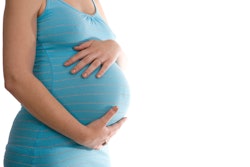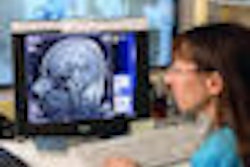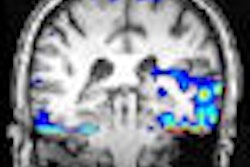Wednesday, December 2 | 10:50 a.m.-11:00 a.m. | VS41-09 | Room S503AB
In this Wednesday morning scientific session, Israeli researchers will discuss how MRI should be the first step in diagnosing and treating pelvic pain in pregnant and recently postpartum women.The study shows that MRI can lead to the appropriate therapy in these patients who are too infrequently imaged for this potentially debilitating condition.
With its excellent soft-tissue contrast, MRI is the best imaging modality for evaluating muscle, tendon, and joint pathologies, enabling the diagnosis of previously unexplained pain.
"MRI is the only safe modality for imaging the musculoskeletal system in pregnant women, since it does not expose the fetus to ionizing radiation," said co-author Dr. Nogah Shabshin from the department of diagnostic imaging at Chaim Sheba Medical Center in Tel HaShomer, Israel. "Also, it is considered an excellent -- and, in most circumstances, the best -- imaging modality for stress fractures and tendon abnormalities."
Researchers retrospectively reviewed seven consecutive pregnant or recently postpartum women with pelvic pain, ranging in age from 27 to 35 years. Scans were conducted with 1.5-tesla and 3-tesla systems to evaluate the bony pelvis and the sacrum.
Among the MRI findings were five adductor tendon tears, three parasymphyseal stress fractures, three rectus abdominis tendon tears, and two sacral stress fractures. Two patients had osteoporosis of the hip.
Pelvic region pain, including pubalgia and hip pain, in pregnant and recently postpartum women can be caused by various pathologies, some of which can overlap. In this series, MRI elucidated adductor and rectus abdominis tendon tears and parasymphyseal and sacral stress fractures, and can aid in achieving the right diagnosis.
"The optimal treatment of transient osteoporosis of the hip is no weight bearing. However the optimal treatment for adductor and rectus abdominis tendon tear and parasymphyseal stress fractures is not yet clear," Shabshin said.
Chaim Sheba Medical Center is in the process of opening a clinic for pregnant women with pregnancy-induced pelvic pain and is working closely with orthopedic surgeons, physical therapists, and gynecologists on how to prevent these injuries.




















